It is not until now that the importance of digital transformation has been mentioned. This is clearly demonstrated in Resolution No. 52-NQ/TW dated September 27, 2019 of the Politburo on a number of policies and guidelines to proactively participate in the Fourth Industrial Revolution, which emphasizes the urgent need to accelerate the digital transformation process.
Then, on June 3, 2020, the Prime Minister issued Decision No. 749/QD-TTg approving the national digital transformation program until 2025, with a vision to 2030. Accordingly, our country will become a digital, stable and prosperous nation, pioneering in testing new technologies and models. Fundamentally and comprehensively innovate the management and operation activities of the Government, the production and business activities of enterprises, the way people live and work, and develop a safe, humane and widespread digital environment.
From these “foundations”, just 2 years later, digital transformation in our country has spread to all levels and sectors and has had clear changes, achieving positive results. Specifically, as of September 2024, the national population database has ensured data connectivity and connection for 18 ministries and 63 localities, serving more than 1.3 billion searches and more than 537 million information synchronizations.
Nearly 3,000 shared database categories of ministries, branches and localities have been issued. The state agency sector has deployed an integrated data sharing platform with a sharing level of more than 81 million transactions per month in 2024. At the same time, the VNeID electronic identification application has been deployed, bringing practical benefits to both people and state management. The rate of online public service records nationwide as of November 30, 2024 reached 45.79%...
In addition, other national databases such as insurance, civil status, and business registration have been put into stable operation and are bringing positive results. The national database on land is being actively deployed and piloted to share data information with the national database on population...
Despite such positive results, according to Prime Minister Pham Minh Chinh, digital transformation still has many shortcomings and limitations. Specifically, the awareness and actions of Party committees, Party organizations, and authorities at all levels, especially leaders, on digital transformation are still limited. There is still a mentality that digital transformation is somewhere else, someone else's work, not yours, in your unit or agency.
The work of perfecting institutions, mechanisms and policies is still slow and has not kept up with practical requirements. Ministries, departments, branches and localities basically do not have breakthrough projects on digital transformation. The quality and efficiency in providing and using online public services are not high. Many applications and systems have been developed but are still fragmented, incomplete, and have not formed many large-scale, shared digital platforms.
The data has been formed, but there is still fragmentation, lack of connection, sharing and effective exploitation, and potential risk of information leakage. Human resources specializing in digital transformation in agencies and organizations are still lacking and uneven. Digital skills have not been widely popularized in society.
Therefore, "Digital Literacy for All" must be an important political task, a command of the heart, a smart thinking of the mind, a decisive action of each citizen. With the spirit of "going to every alley, to every house, guiding every person" and with the motto "Quick deployment - Wide connection - Smart application". If the movement wants to "live long", it must bring practical results, must harmonize individual interests and common interests, between individual interests and collective interests, the interests of the Fatherland - Prime Minister Pham Minh Chinh emphasized.
Source: https://daibieunhandan.vn/hieu-qua-thiet-thuc-va-toan-dien-post408824.html


![[Photo] Phuc Tho mulberry season – Sweet fruit from green agriculture](https://vstatic.vietnam.vn/vietnam/resource/IMAGE/2025/4/10/1710a51d63c84a5a92de1b9b4caaf3e5)

![[Photo] Prime Minister Pham Minh Chinh chairs meeting to discuss tax solutions for Vietnam's import and export goods](https://vstatic.vietnam.vn/vietnam/resource/IMAGE/2025/4/10/19b9ed81ca2940b79fb8a0b9ccef539a)







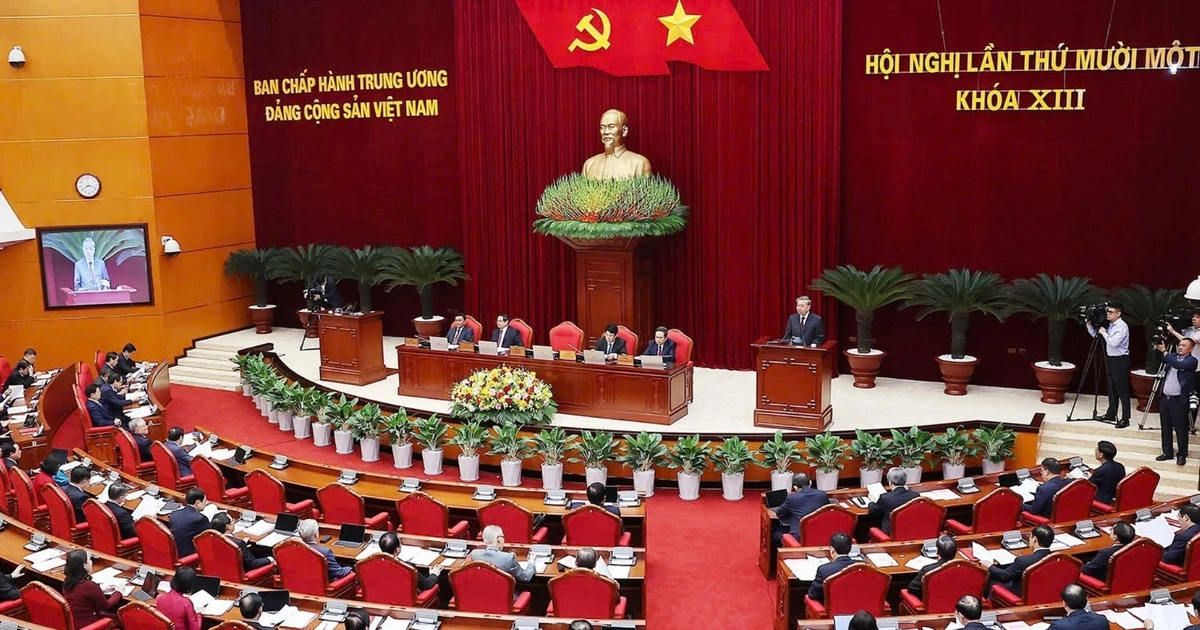
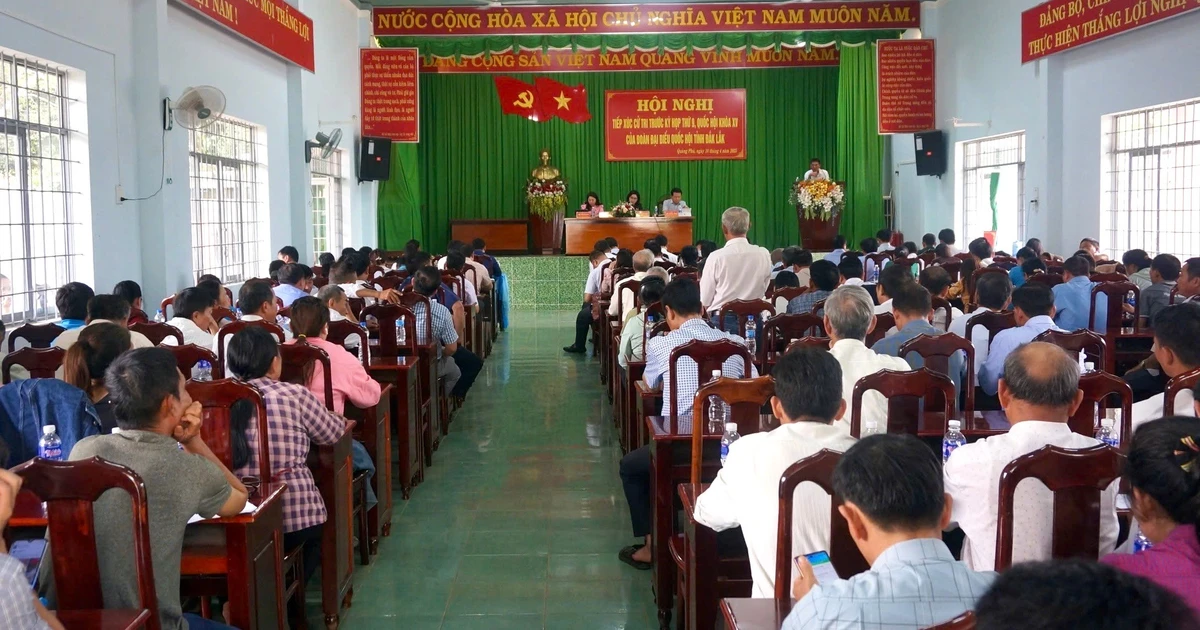




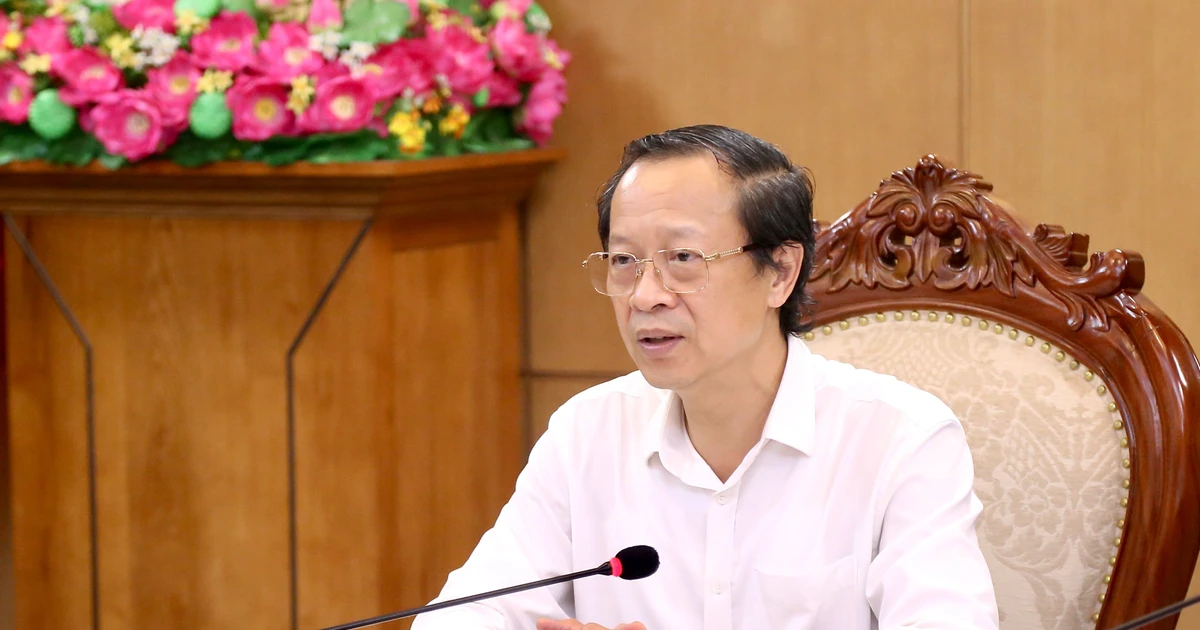























































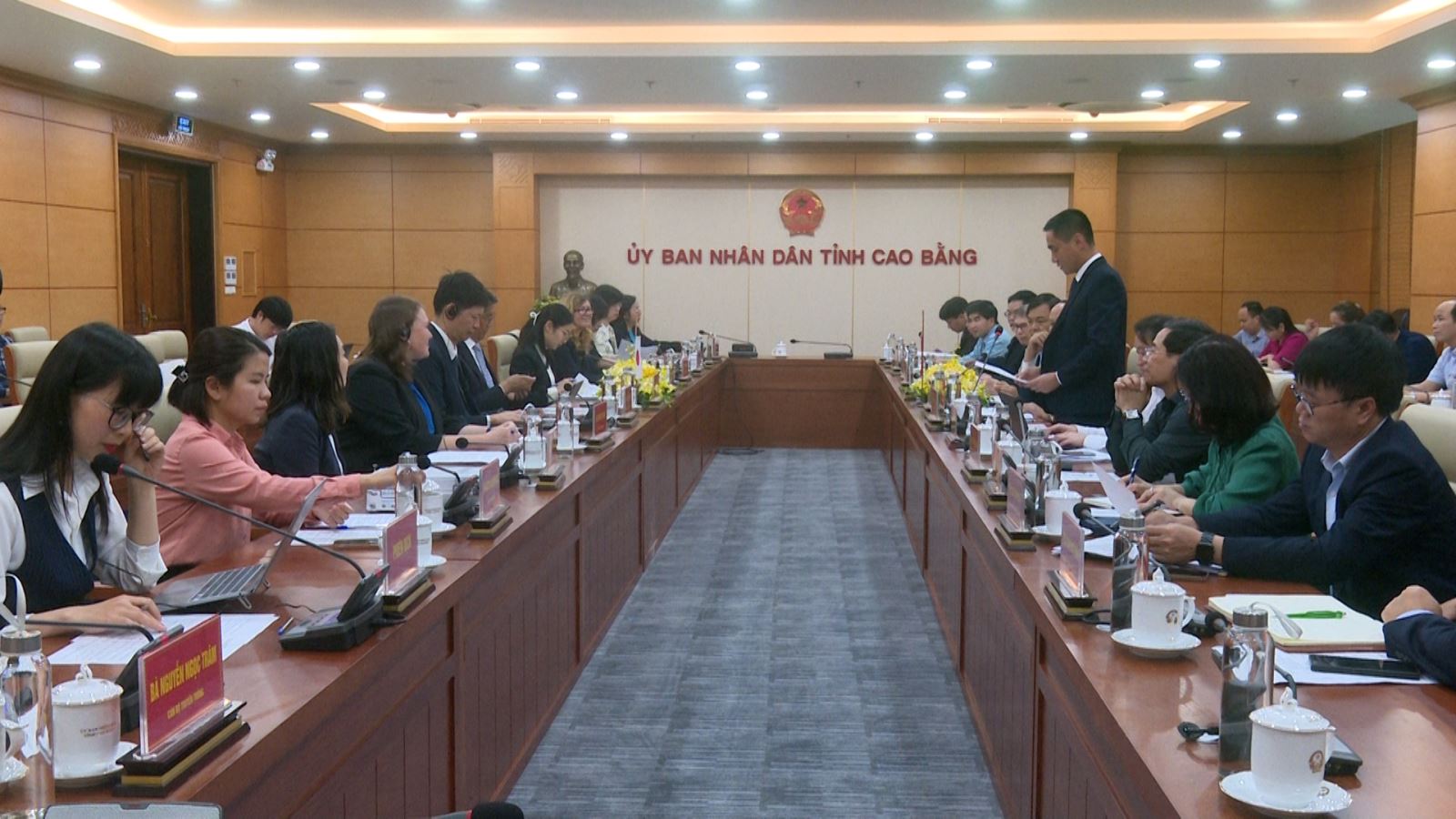

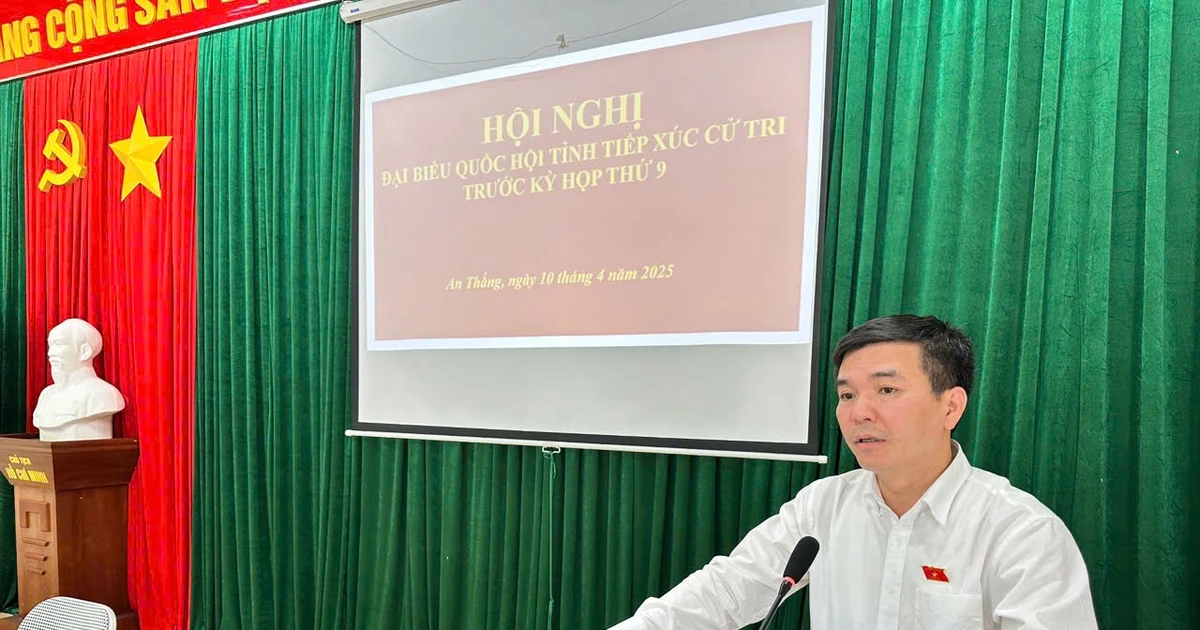













Comment (0)